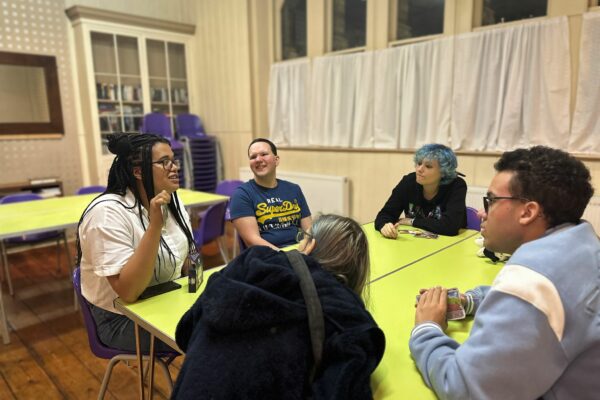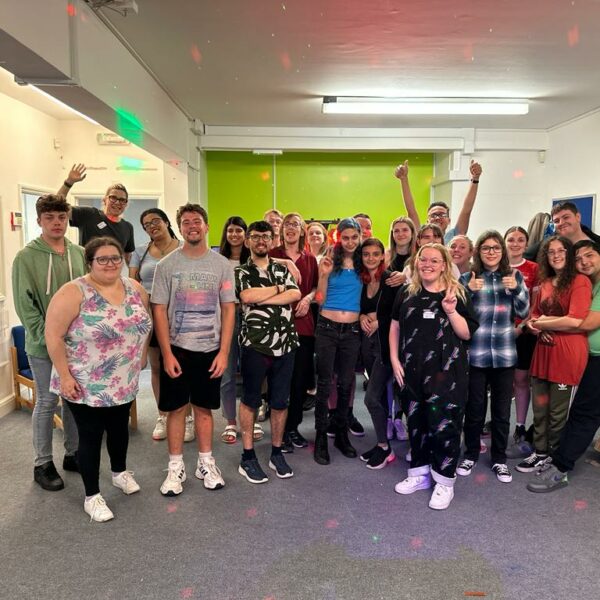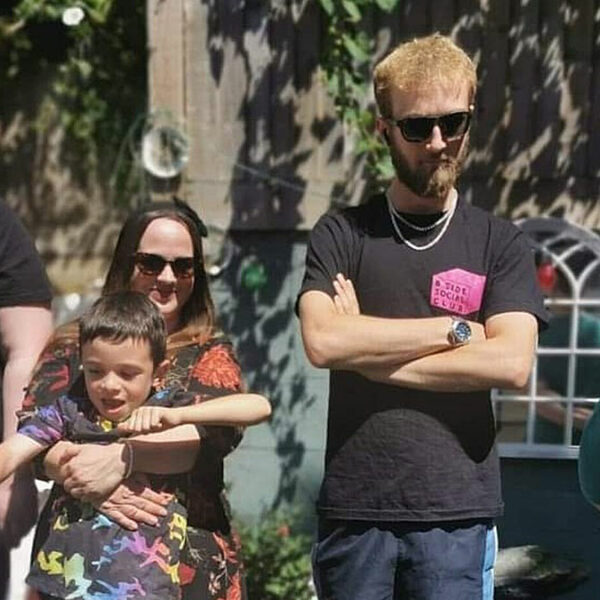Mental health and wellbeing
Advice on when and where to get support with your child’s mental health and wellbeing.
When should I worry about my child's mental health?
Many children and young people feel anxious or low at times, or they may have issues with their self-esteem, or face a particular challenge such as bereavement. Often just talking to you or a trusted friend may be enough to help your child through these difficult patches but sometimes problems persist and grow.
You may want to seek some outside advice and support if you notice your child or young person is:
- becoming more anxious, or isolated and withdrawn from friends and family
- having problems sleeping or eating
- neglecting their personal hygiene
- more irritable than usual
- harming themselves or others.
See Young Minds for a fuller list of symptoms of mental health in young people.
Mental health and SEND
For some of our children and young people, mental health issues will be their main area of additional need. Other children with certain conditions may be more vulnerable to mental health conditions because of their disability. Autistic children, for example, can be more likely to develop anxiety, depression, or obsessive compulsive disorder (OCD).
Mental health issues may be harder to recognise in young people with disabilities because of communication difficulties, the complexity of their condition, or the fact that some mental health symptoms may be confused with their other symptoms.
If your child has a learning disability, you may just feel that something is ‘off’; that there has been a change in the way that they communicate, their behaviour has changed, that they are sleeping more or less, or they are no longer enjoying their favourite activities. It’s important to trust your instincts and speak to professionals involved with your child if you have concerns.
Self-help and online resources
Your child or young person (and you) can get some excellent information and advice on things like low mood, anxiety and self-harm from the local digital wellbeing service, e-wellbeing or from national organisations like Young Minds and Childline.
Parent carers of 4-11 year olds can get parenting advice from child mental health experts at Place2Be: Parenting Smart. Their articles and videos cover specific issues like bedtimes and sibling rivalry, as well as common mental health conditions.
Amaze produces a useful fact sheet about mental health issues for children and young people with SEND, giving details of the local services that can help.
- Mental health fact sheet BRIGHTON & HOVE (pdf 740kb)
- Mental health fact sheet EAST SUSSEX (pdf 740kb)
You can also find mental health resources for young people on the Sussex Health and Care Partnership website or you can visit Sussex Child and Adolescent Mental Health Services (CAMHS) website for online advice and signposting to services that may help.
Community based support (non urgent)
If your child is still in education, speak to their school or college about your concerns. Most schools now have a mental health worker who supports staff to work with children’s mental health and wellbeing, or does direct work such as running mindfulness groups. They may also arrange support such as counselling or cognitive behavioural therapy.
You can also talk directly to your local school health and wellbeing service to get some advice. You can get individual advice about your child or young person’s mental health and wellbeing via Brighton & Hove Schools Mental Health Service and East Sussex School Health. Their advice lines are for parent carers and secondary school aged young people.
Or you could speak to their GP or paediatrician.
Parents, carers, young people, and professionals can also contact the community mental health services for their area to get help, including from CAMHS. Read more about mental health services for children and young people in East Sussex on East Sussex Local Offer.
In Brighton & Hove, the Community Wellbeing Service is the front door to all mental health services in the city from 4 upwards. In East Sussex, you should contact the Single Point of Advice (SPoA) to get support for 0-18 year olds with social, emotional and mental health difficulties.
These services will assess your child or young person’s needs and may then refer them for short term therapeutic services such as counselling, CBT, or therapies and/or to Child and Adolescent Mental Health Services (CAMHS).
Families in both areas can get 24 hour advice, support and signposting from Sussex Mental Healthline
Child and Adolescent Mental Health Services (CAMHS)
Children and young people up to 18 with more acute mental health issues may be referred to CAMHS for diagnosis and assessment and some intervention. This includes children with issues like anxiety and depression, eating disorders and self-harming. CAMHS is made up of specialist teams including child psychiatrists, family therapists, counsellors, and play and art therapists.
There are also certain conditions for which CAMHS is the normal route to be assessed or diagnosed, eg ADHD. But your GP or other professional would refer you to CAMHS in this instance.
For details of making a referral to CAMHS for mental health and wellbeing support in Brighton & Hove or East Sussex, visit the Sussex CAMHS website.
CAMHS Learning Disability Teams
Both Brighton & Hove and East Sussex have CAMHS Learning Disability teams who give additional support to families of children who have a learning disability when there is concern about their emotional wellbeing or mental health, or they exhibit behaviour that challenges those around them. The teams include specialists such as clinical psychologists, consultant psychiatrists, family support workers and therapists. They will develop an individual plan for your child and work closely with you.
For more information on accessing mental health services in Sussex visit:
Urgent help with mental health
If you think your child’s life is in immediate danger, please call 999 or go to A&E.
If they need urgent mental health support, contact the Sussex Mental Healthline on 0800 0309 500 or by calling NHS 111 and choosing the mental health option. They offer crisis care 24 hours a day, seven days a week to anyone in Sussex needing urgent mental health support.
For text-based support, you can text SUSSEX to 85258.
Your child or young person can also get urgent mental health support from Childline, Samaritans, Papyrus and Sane.

Amaze groups for young people
We run regular social groups where young people can meet and enjoy games, cooking, art and other activities to support their wellbeing.






